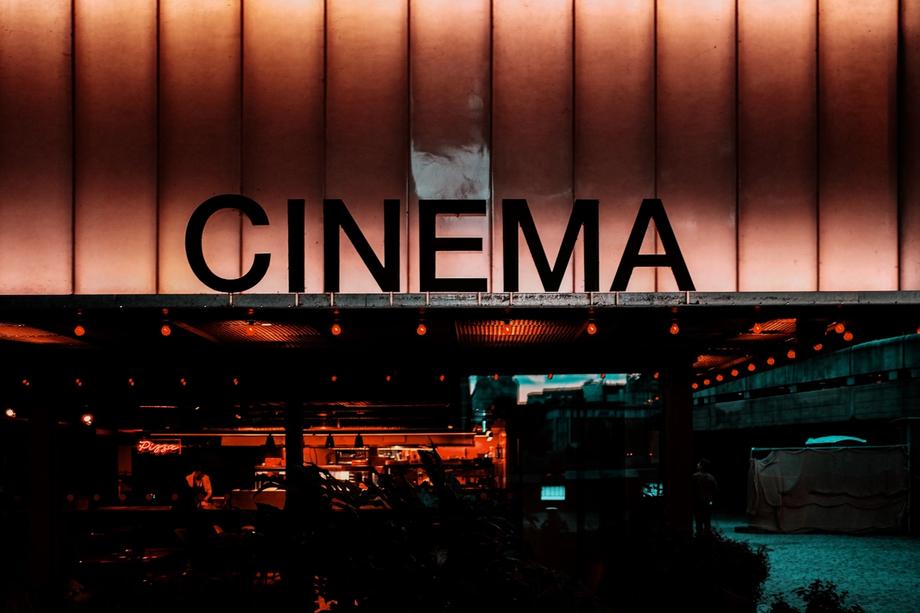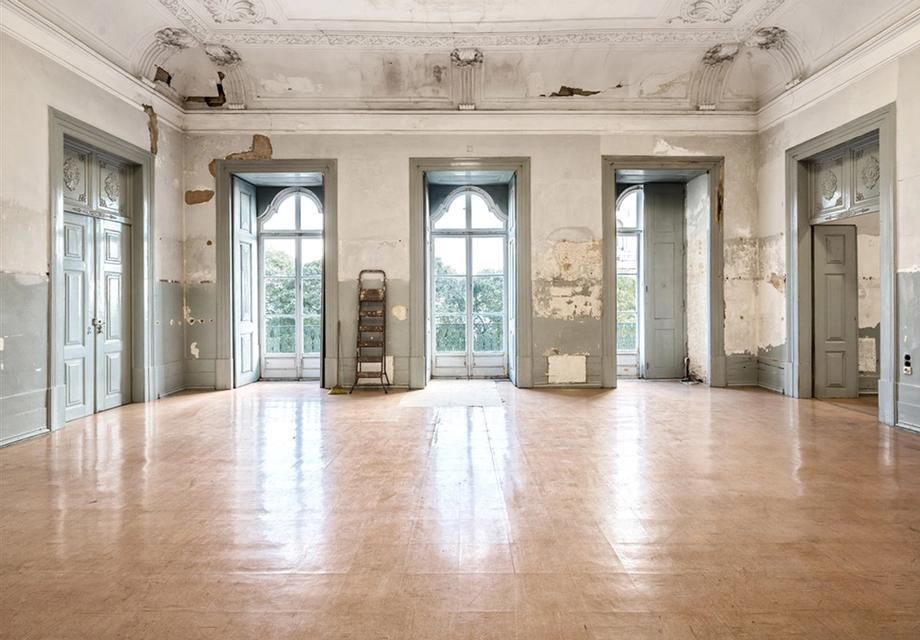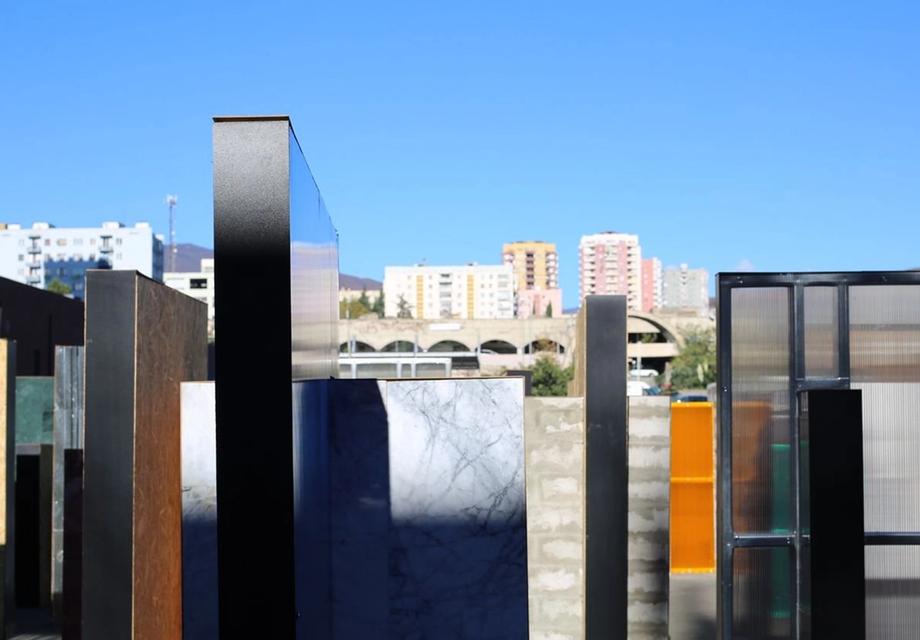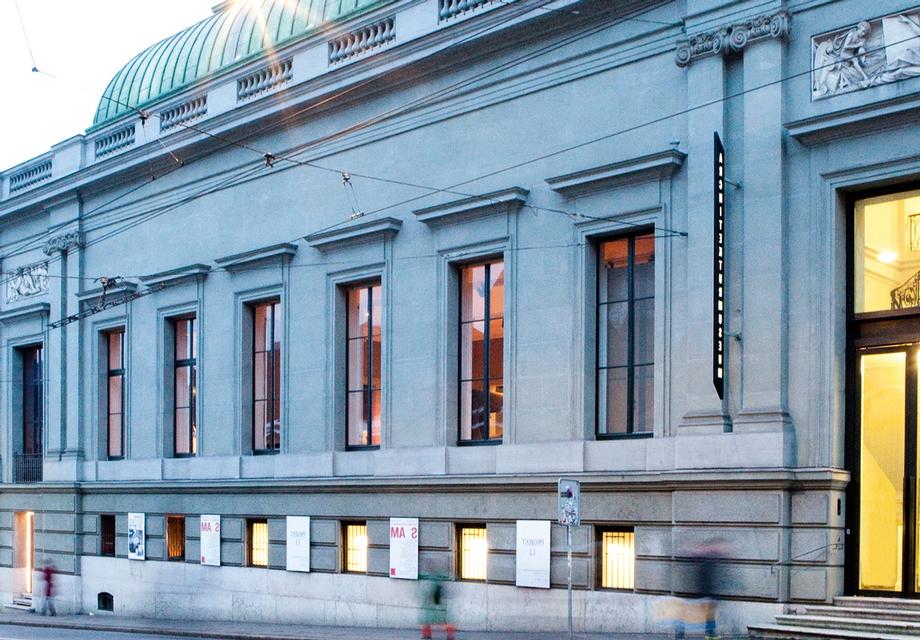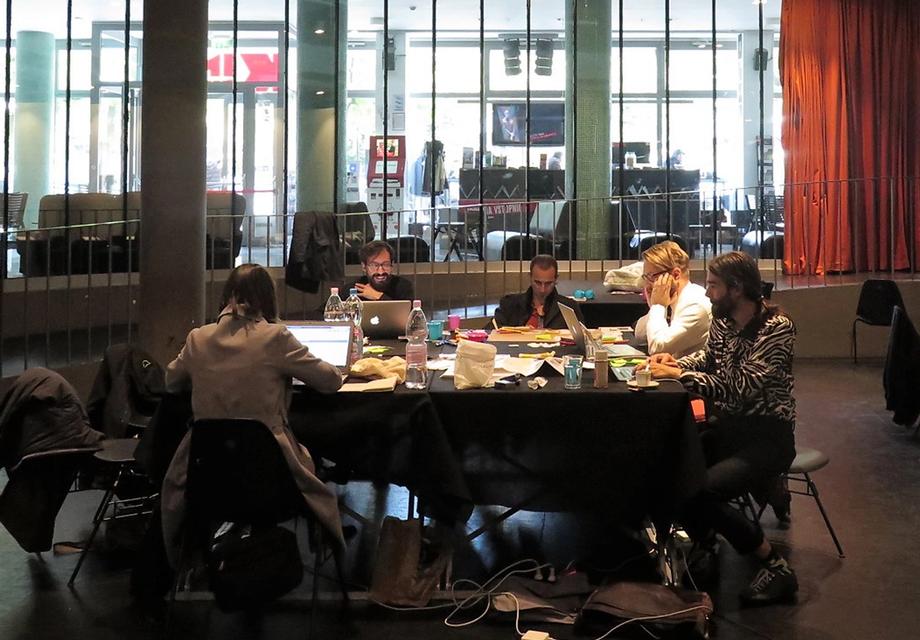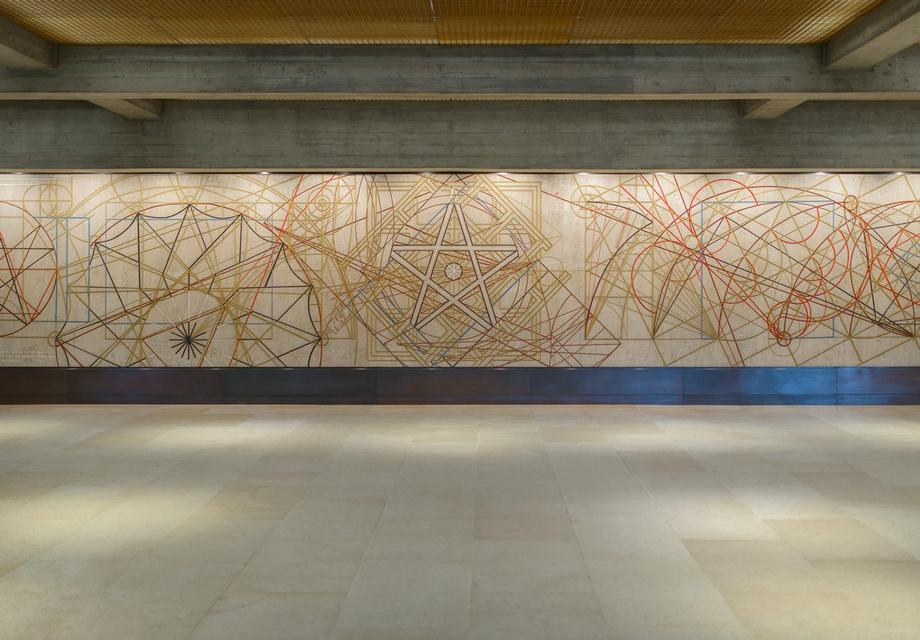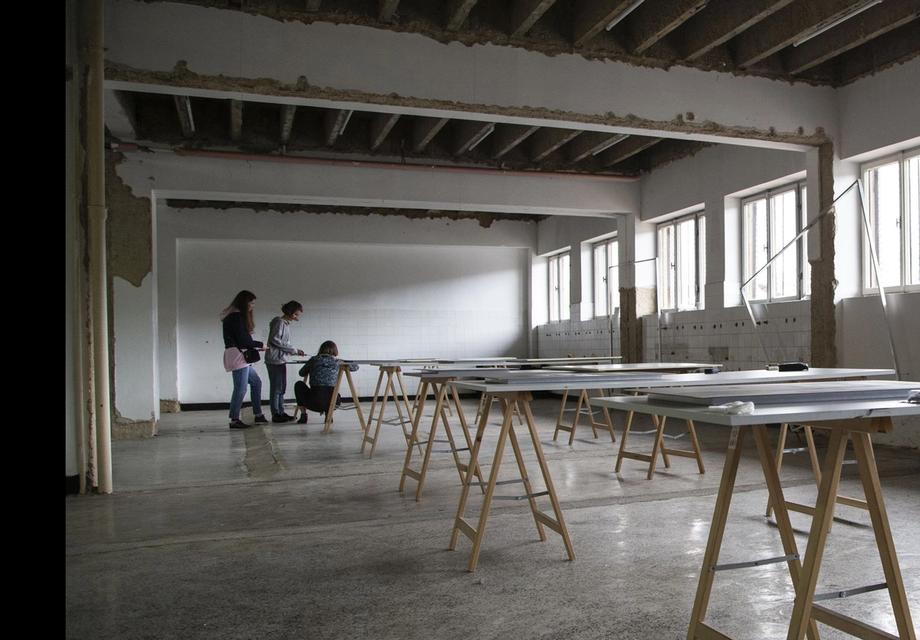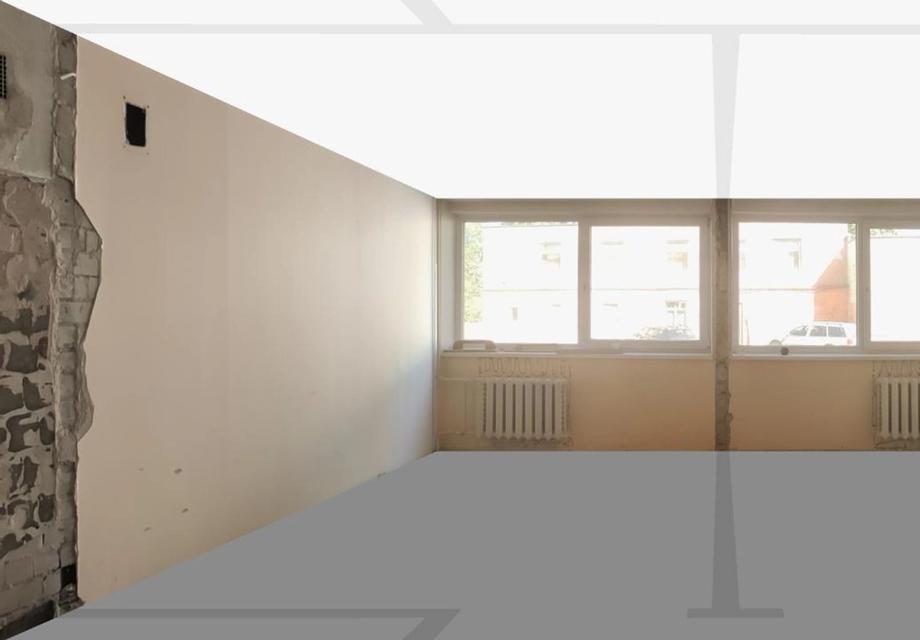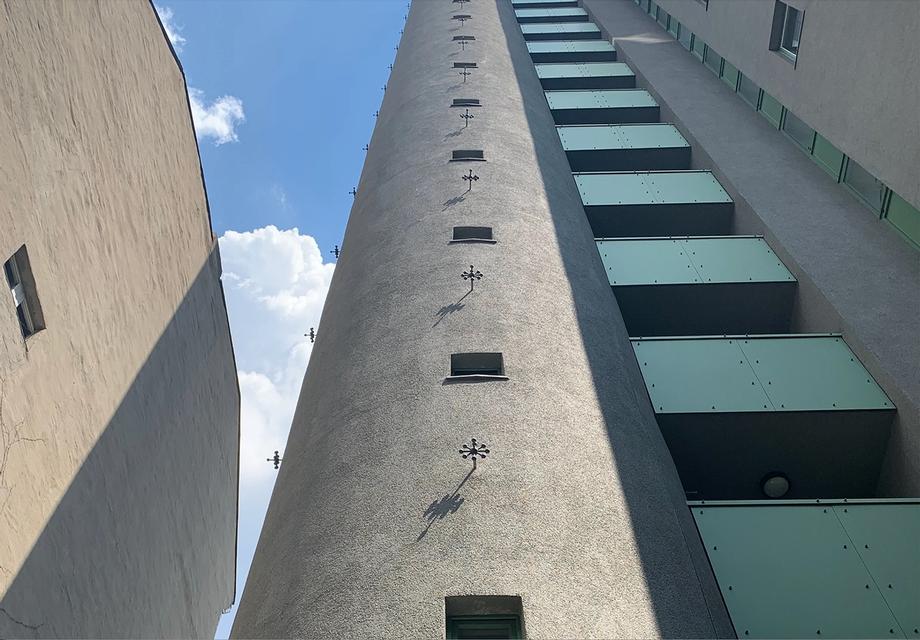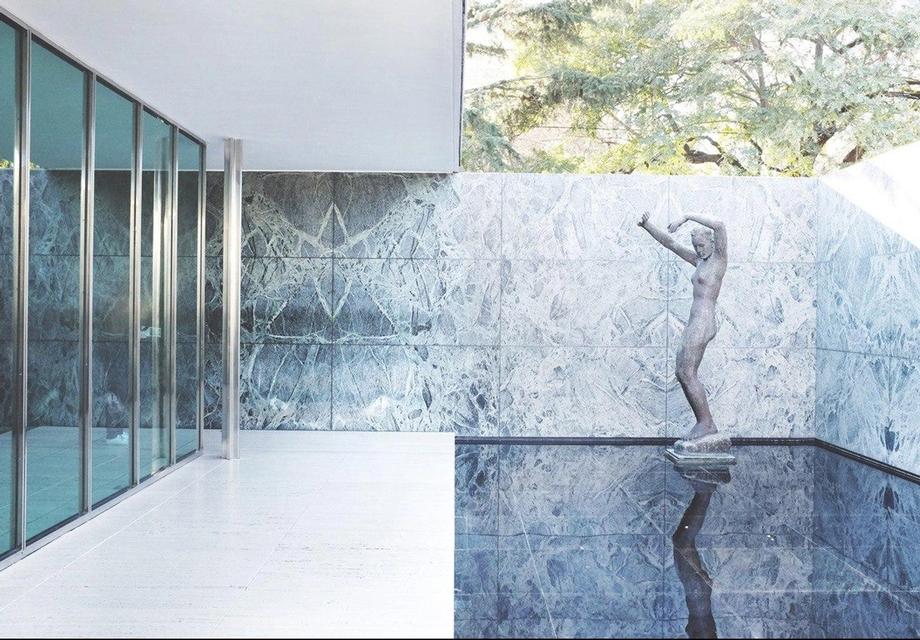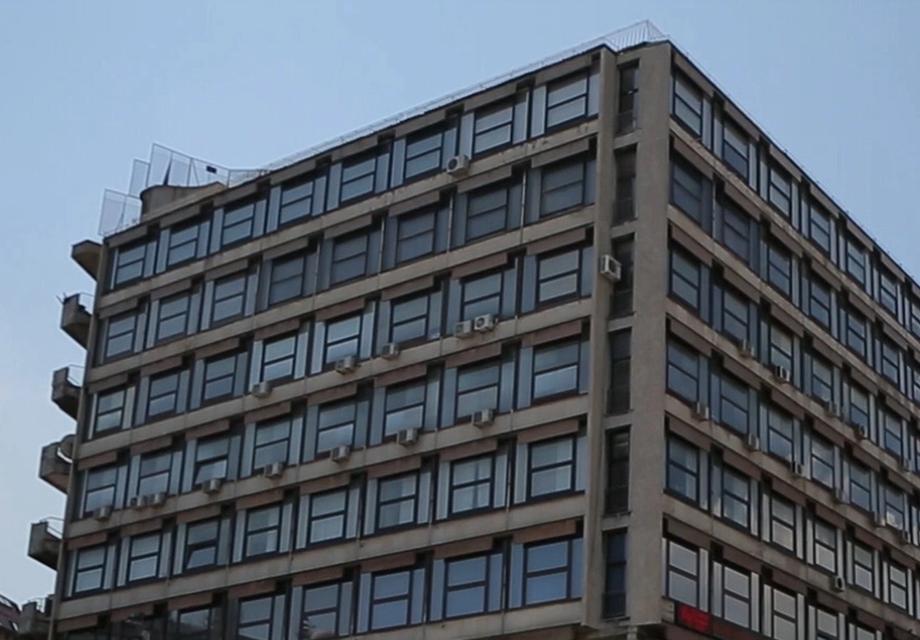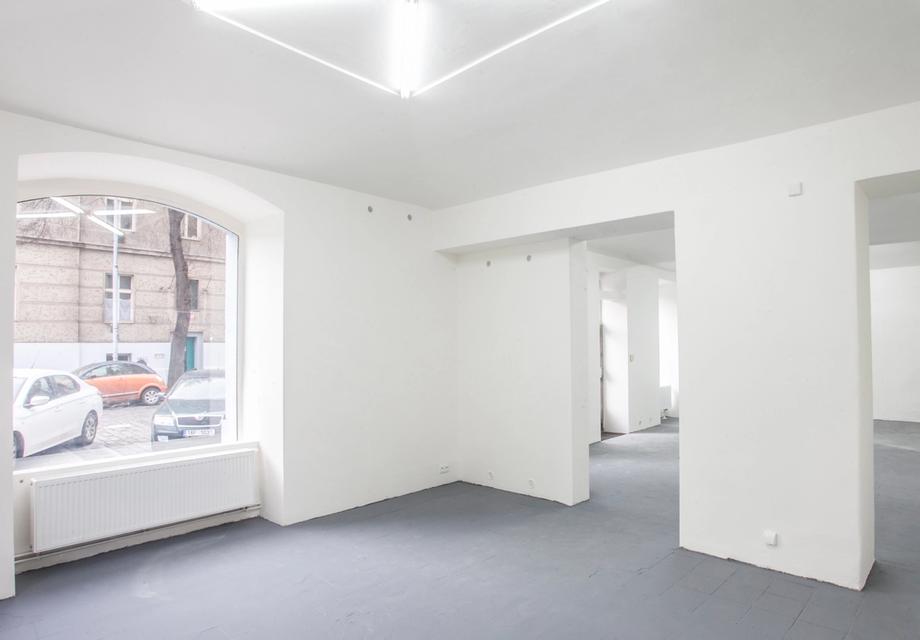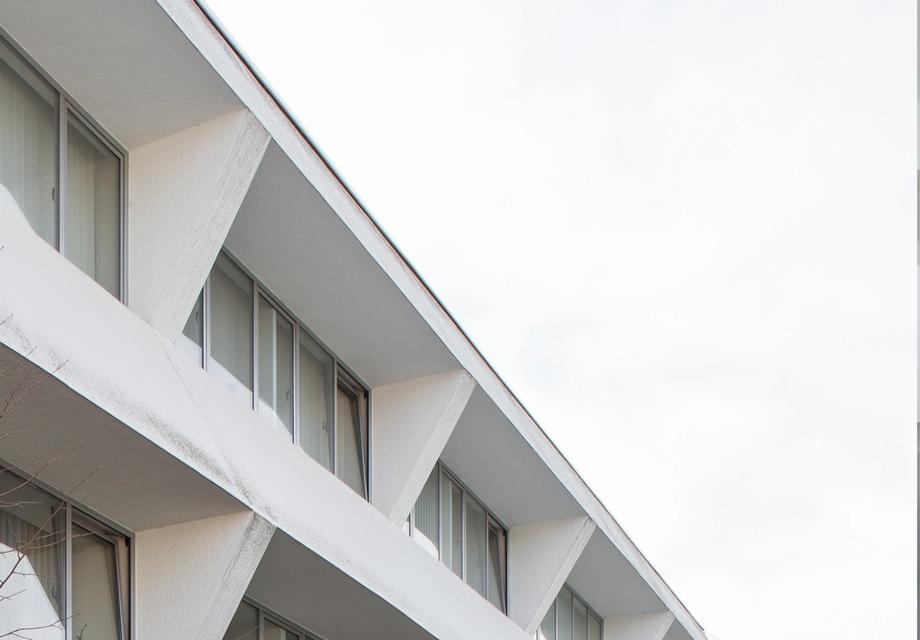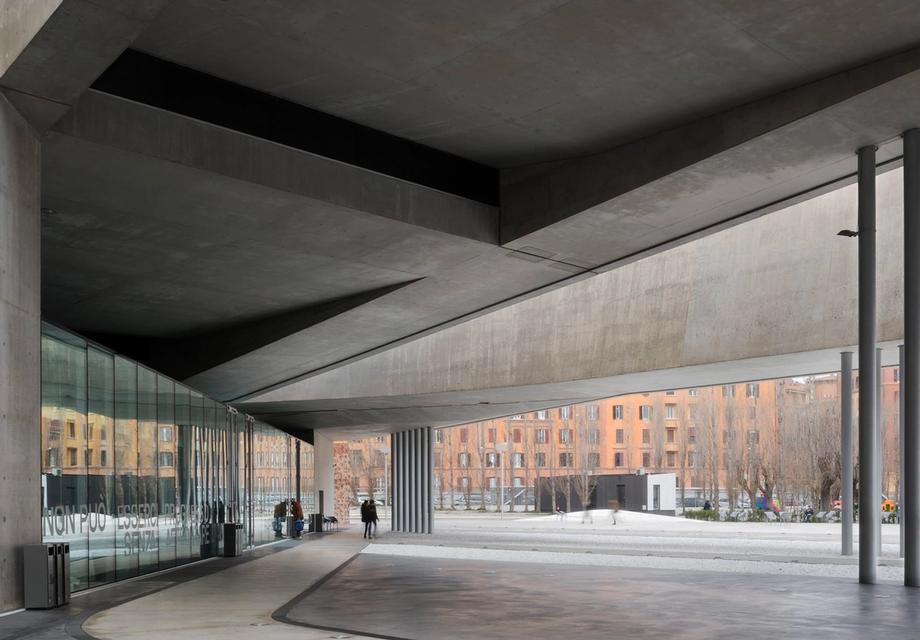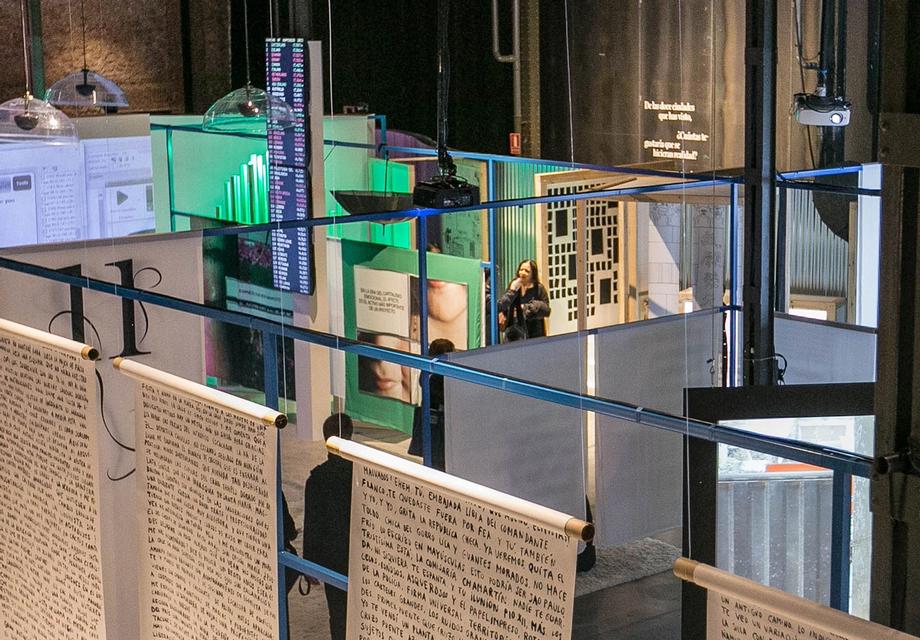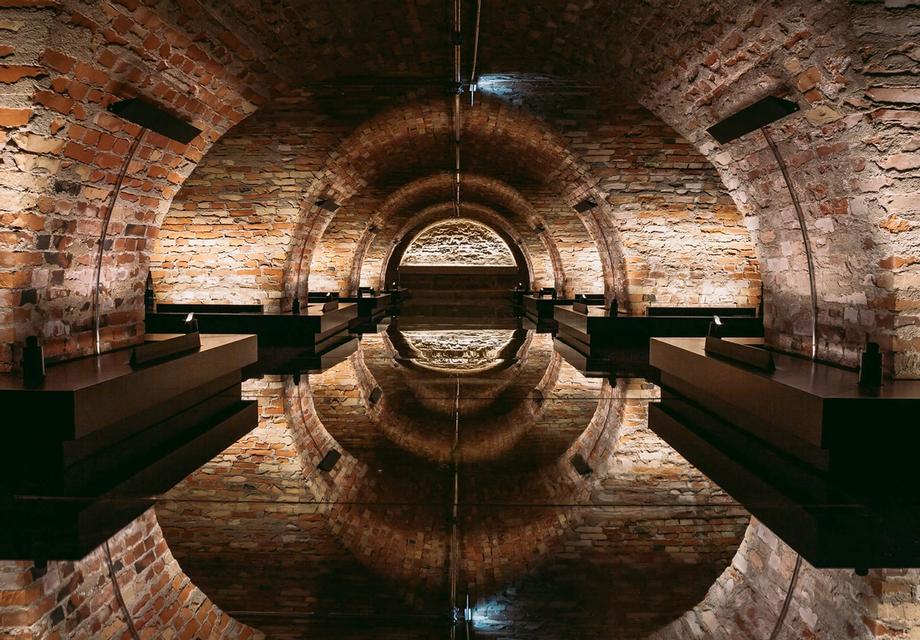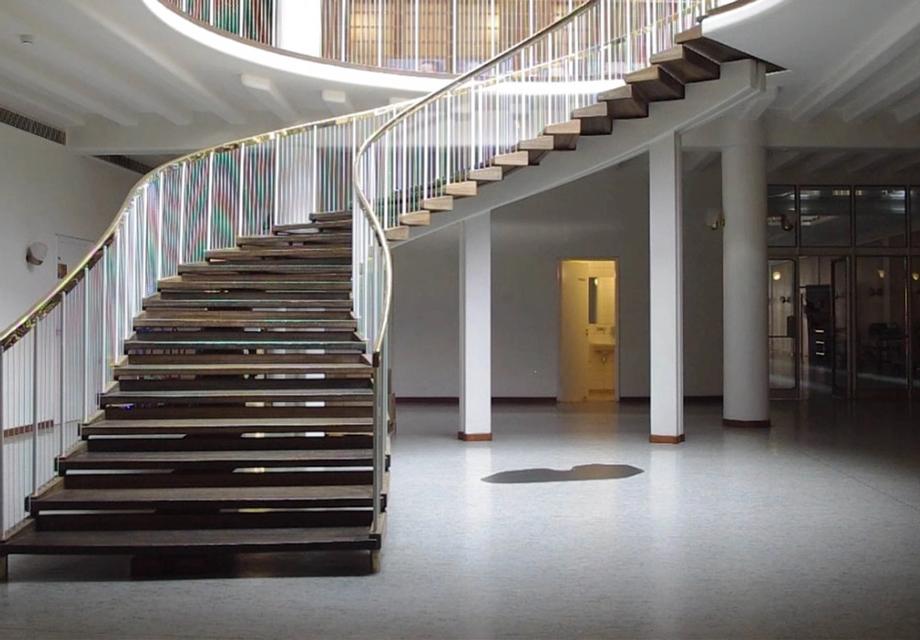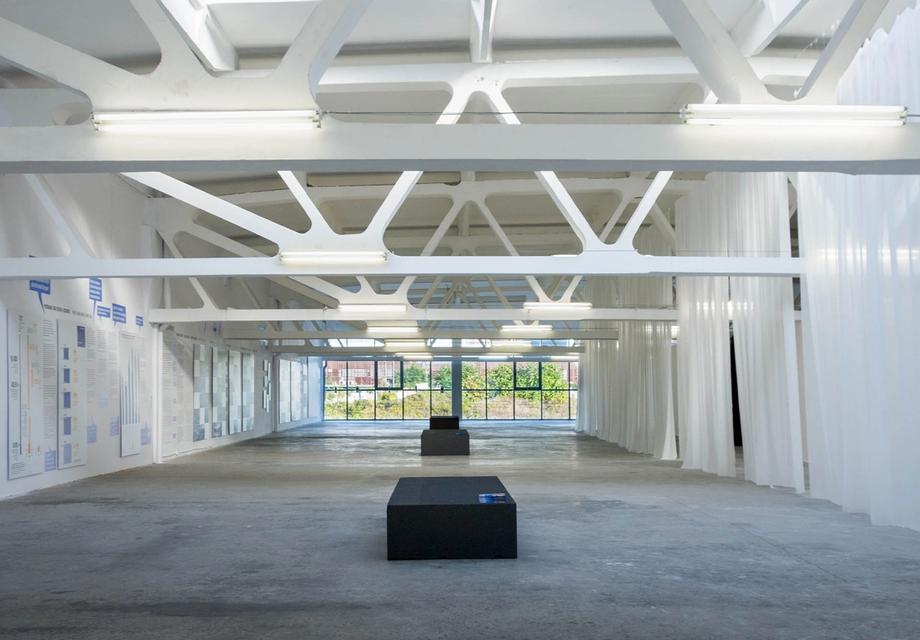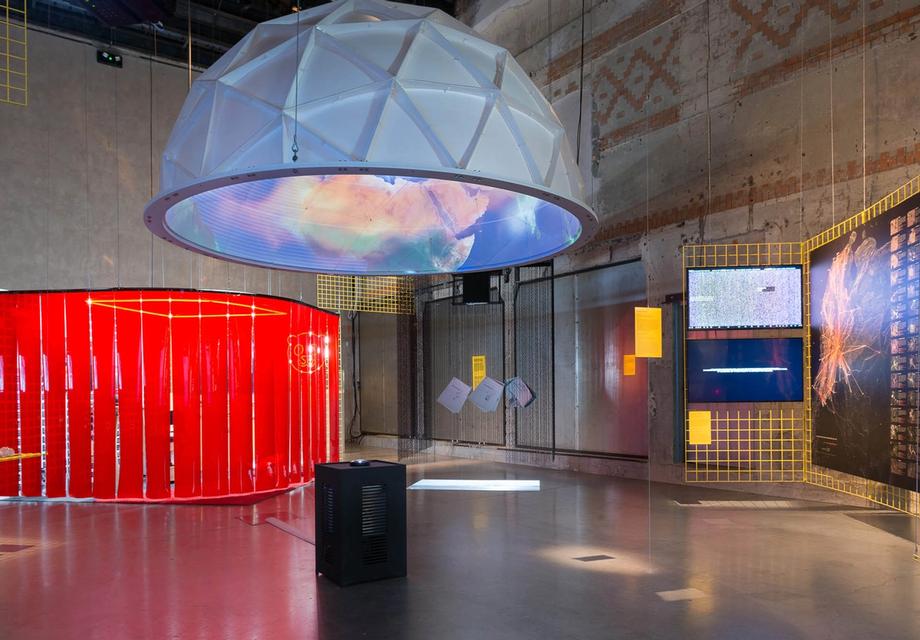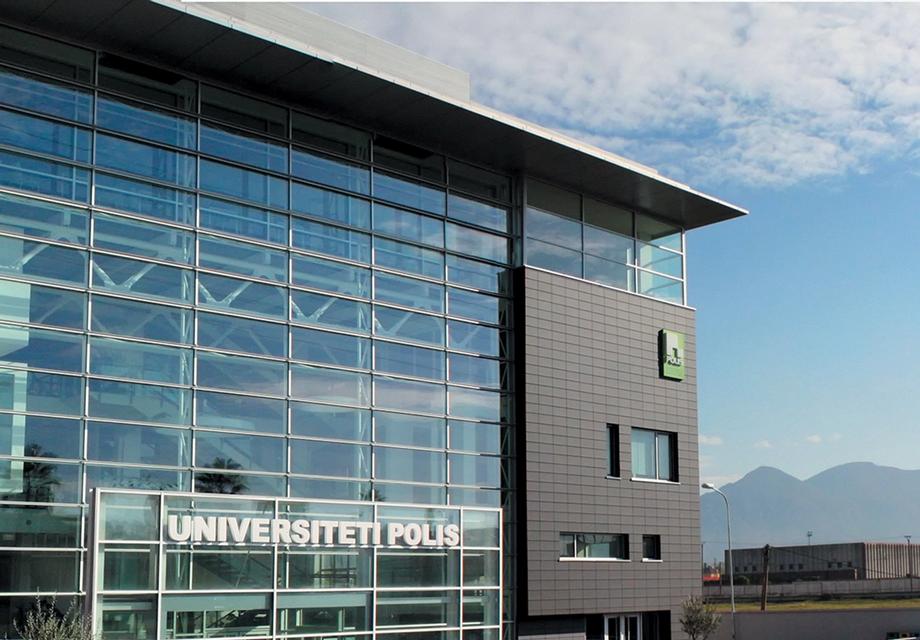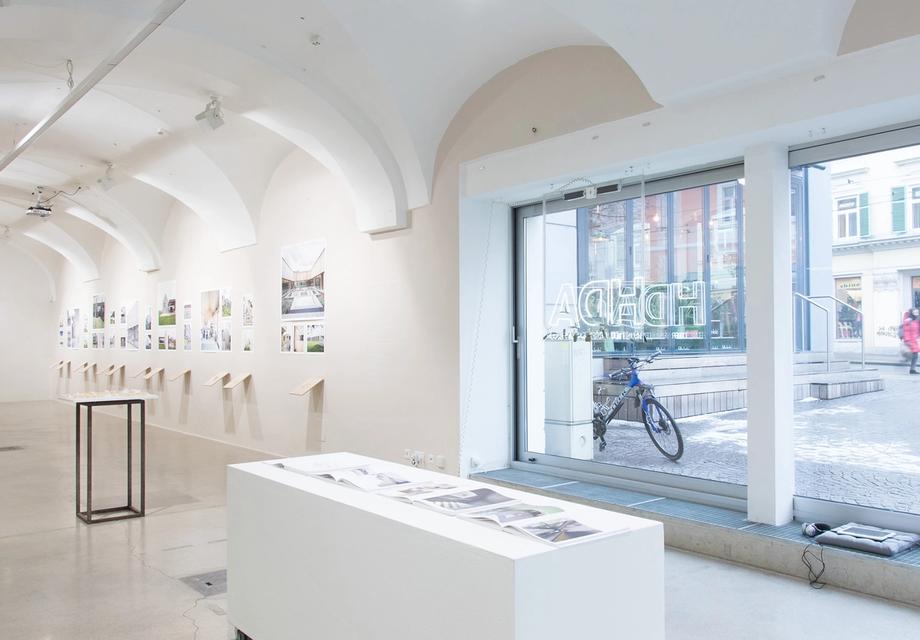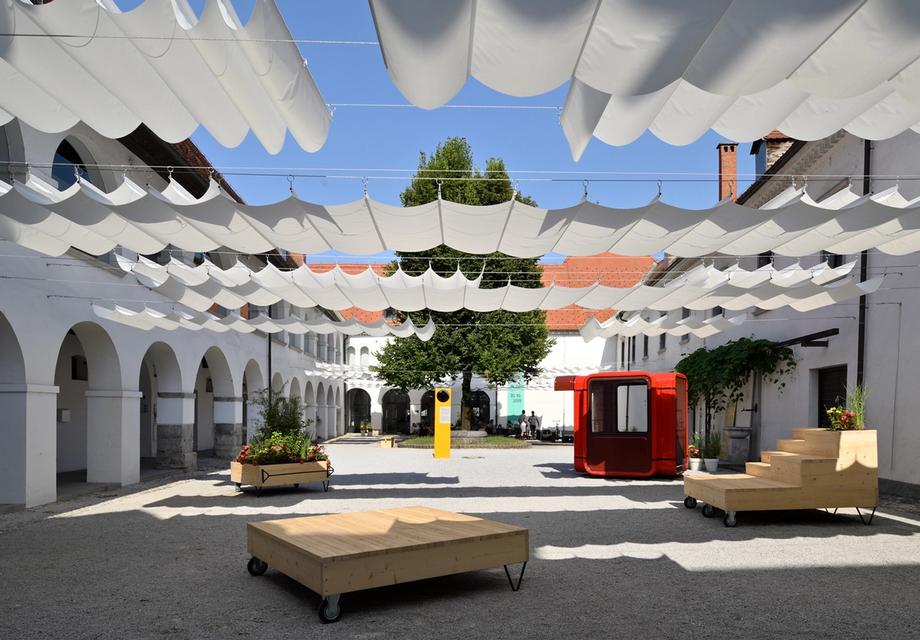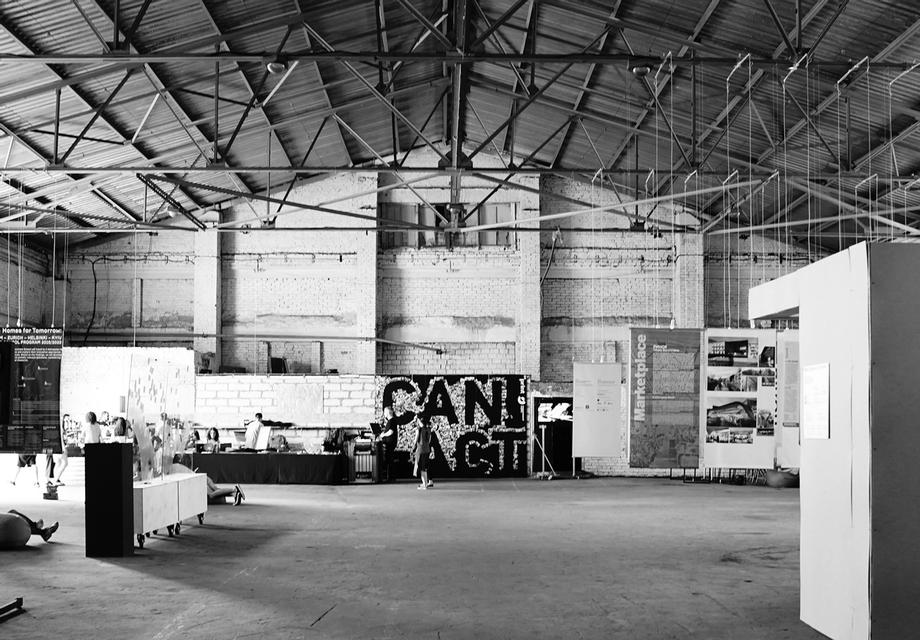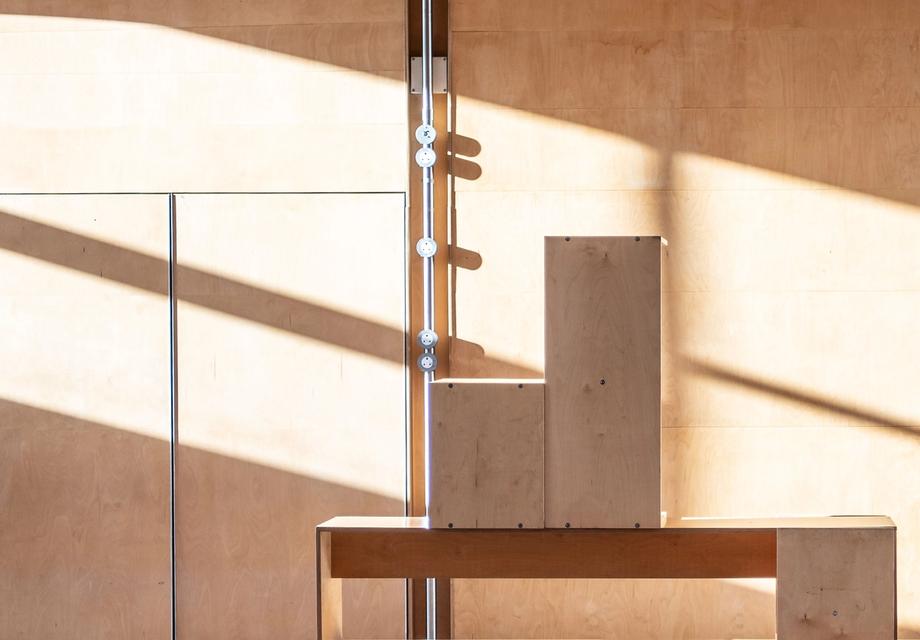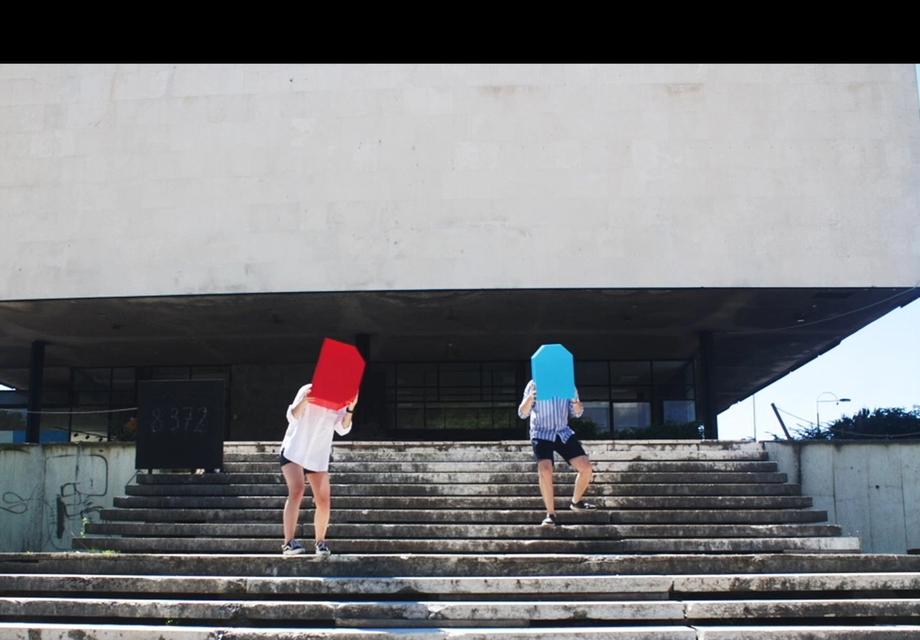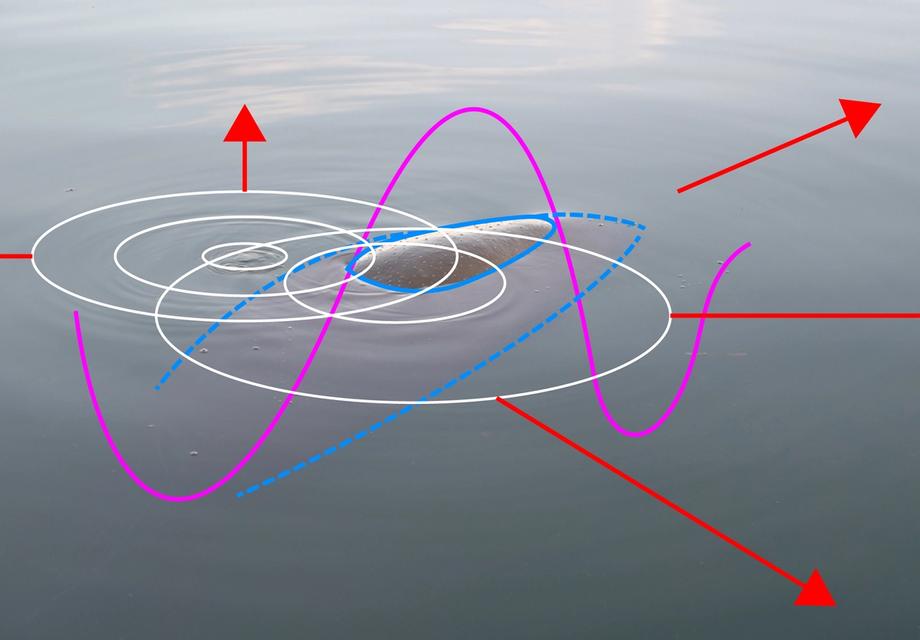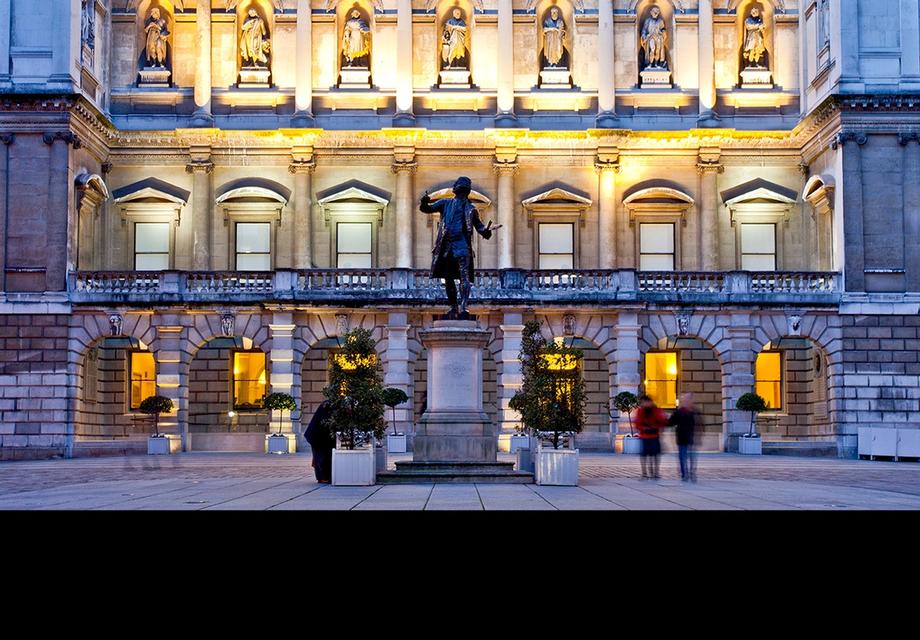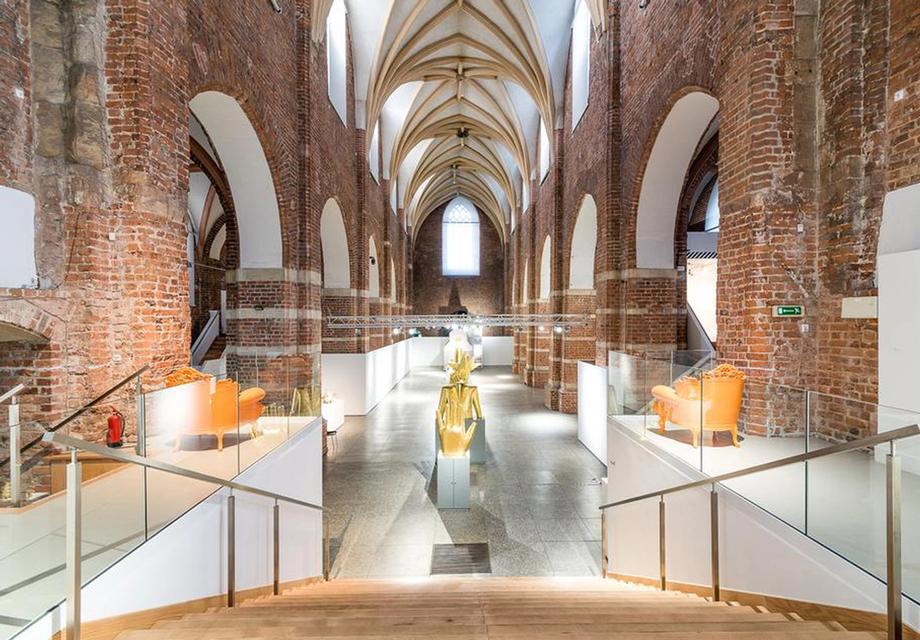Ayacucho is one of Peru’s fastest-growing cities: in the past ten years, its population has increased sixfold. This growth, in combination with the water shortage due to climate change, puts great pressure on local urban livelihoods and compromises the original ecosystem of the Cachi River and its surrounding basin.
Embedding water recycling infrastructure into the public space and relating it to the shared culture of water are important foundations for local involvement in tackling this water crisis.
The project focuses on the outskirts of the city since that is where the blueprint of the future city is drawn by self-organizing squatter settlements.
Given this context, a new question arises: how to position oneself as a designer in a context where the ‘act of designing’ is absent?
The project tries to re-root ancient Andean knowledge in the ‘urban’ Andean culture. The architect as a translator, translating ancient, Andean water infrastructures to a new, urban context.
Author: Willem Hubrechts
Cast: Willem Hubrechts
All videos and images for illustrative purposes only.
Location: Brussels, Belgium
Willem Hubrechts is a Belgian architect working and living in Brussels. In 2019 he graduated with distinction as engineer-architect at the University of Leuven. For his master’s thesis, he went to Ayacucho, Peru to work on projects of water resilience in the Urban Andes.
